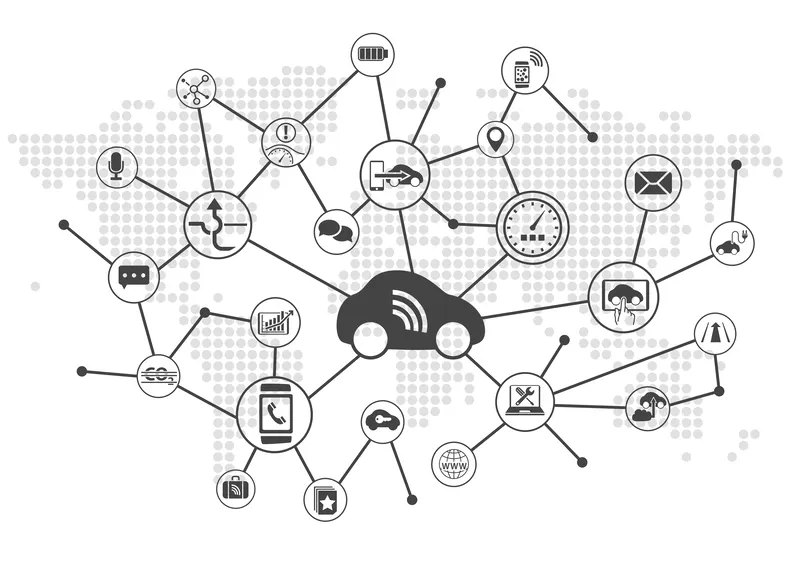
David Wyatt, vice president EMEA at Databricks, says: “The data generated by connected vehicles has so much potential to make roads safer, reduce traffic congestion and enhance road users’ experiences.”
The Databricks unified data analytics platform is also expected to help Wejo deliver insights to car manufacturers, mobility service providers and other public or private sector organisations.
Wejo organises historical and real-time vehicle data to deliver insights aimed at improving roads for drivers and riders. It has curated more than 140 billion miles of data and expects to have 17 million cars on its platform soon.









